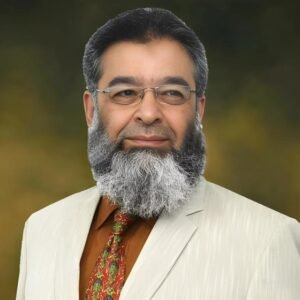
In a world where campaigns to save endangered species and protests against animal cruelty gather global support within hours, the irony grows unbearable when one observes the persistent silence on the merciless slaughter of Muslims—whether in Bosnia in the 1990s or in Gaza today. The same societies that champion animal rights with moral fervour seem numb when Muslim bodies pile up, when their cities are reduced to ashes, or when their women cry out in despair. The hypocrisy is not subtle; it is institutionalised. This double standard has become so entrenched that it no longer stirs conscience or shame.
Human rights activists in Europe and the West mobilise instantly when a whale is beached, a dog is abused, or a circus mistreats its elephants. But when Muslim men are summarily executed, children mutilated by airstrikes, or women subjected to systemic abuse, the outrage evaporates. The guardians of global morality fall curiously silent. It is this selective empathy that exposes the deepest cracks in the edifice of international human rights.
The atrocities committed against the Bosnian Muslims between April 1992 and December 1995 remain among the darkest chapters in post-World War II history. With the collapse of Yugoslavia, Serb nationalist forces embarked on a systematic campaign of “ethnic cleansing” against Bosniak Muslims. Towns like Prijedor, Foča, Zvornik, and above all, Srebrenica, became killing fields. Over 100,000 Bosnians were murdered—most of them Muslims. In the notorious genocide of Srebrenica, more than 8,372 Muslim men and boys were executed in July 1995 while under the so-called protection of United Nations peacekeepers. The Dutch UN forces stationed there, ill-equipped and politically shackled, watched helplessly as the massacre unfolded.
But the horrors were not limited to killings. An estimated 50,000 women, many held in detention camps such as Omarska and Trnopolje, were subjected to rape and sexual slavery as weapons of war. These were not rogue incidents—they were coordinated strategies to destroy a people physically, mentally, and spiritually. And yet, human rights organizations at the time refrained from labeling it genocide until years later, choosing to call it a civil war. The UN passed resolutions, NATO debated intervention, but the bloodshed continued until Bosnia was shattered.
Fast forward to Gaza. The war that began in October 2023 has become the longest and deadliest assault on the Palestinian people in recent memory. According to the United Nations Office for the Coordination of Humanitarian Affairs (UNOCHA), by mid-2025, more than 38,000 Palestinians have been killed—over 70% of them women and children. More than 80,000 have been wounded. The Israeli bombing campaign has targeted not only Hamas infrastructure but also hospitals, schools, UN shelters, and residential towers. The al-Ahli Baptist Hospital bombing alone claimed nearly 500 lives. The Rafah crossing, Gaza’s only lifeline for aid and evacuation, has been bombed multiple times, turning humanitarian relief into a gamble with death.
Entire neighborhoods—Shuja’iyya, Jabalia, Khan Younis—have been flattened. The Israeli Defense Forces (IDF) have admitted to using “bunker-busting” bombs and white phosphorus, whose use in densely populated areas may constitute war crimes under international law. The World Health Organization has reported that Gaza’s health system has collapsed. Over 1.9 million Gazans—85% of the population—have been displaced, many of them multiple times. They now live in makeshift tents, without access to clean water, medicine, or basic food supplies.
And yet, despite this scale of devastation, there has been no credible international intervention. Like Bosnia, the United Nations has condemned, appealed, and failed. The International Criminal Court has opened investigations into potential war crimes, but global power dynamics, particularly the use of the veto in the UN Security Council, have prevented any meaningful pressure or action.
But what is more shameful—and difficult to ignore—is the eerie silence of the Muslim world itself. Despite being home to over fifty nations and vast wealth and political influence, the Muslim world has remained largely passive. This silence stems from internal disunity, dependency on Western economies, fear of diplomatic isolation, and political fragility. Many Muslim governments are either entangled in internal crises or are reluctant to jeopardise ties with Western powers that provide security, aid, and legitimacy to their regimes. Some have even normalised relations with Israel or chosen to remain neutral in exchange for economic benefits. Their silence is not of helplessness, but of compromise—of choosing comfort over conscience.
The Organisation of Islamic Cooperation (OIC), representing nearly two billion Muslims, has issued statements, held conferences, and proposed resolutions—but it has failed to translate these into unified diplomatic or economic pressure. In both Bosnia and Gaza, Muslims suffered not only from external aggression but also from the absence of genuine, courageous solidarity from their own brethren.
The parallels are stark. In both Bosnia and Gaza, the aggressors were given space by the world’s hesitation, by its fear of offending powerful lobbies, or by its deep-seated Islamophobia. In Bosnia, it was Serb nationalism allowed to fester unchecked. In Gaza, it is Zionist expansionism hiding behind the excuse of security. In both cases, Muslim identity itself was marked as a threat—dehumanised, delegitimised, and demonised.
What adds insult to injury is the post-conflict whitewashing. Bosnia, after its devastation, was handed the Dayton Accords, which cemented ethnic divisions and rewarded aggression with territory. The international community sent aid, but not justice. Gaza, too, may someday receive reconstruction funds, but at the price of its political voice. The dead will not rise again. The orphans will not forget. And the world will move on, unchanged and unapologetic.
What are we left with, then? A pattern of global silence when Muslims are massacred. A system of international law that selectively applies justice. A media narrative that calls resistance “terrorism” and calls bombardment “self-defense.” We are left with the bitter truth that the value of a Muslim life, in the eyes of the global order—and shamefully, even among some Muslim leaders—is less than that of an animal in the West.
When we look at the ruins of Gaza and the graves of Bosnia, we are not merely witnessing past and present tragedies—we are witnessing the failure of modern civilisation. It is not the bombs or bullets alone that destroy nations—it is the silence of those who could have stopped them.


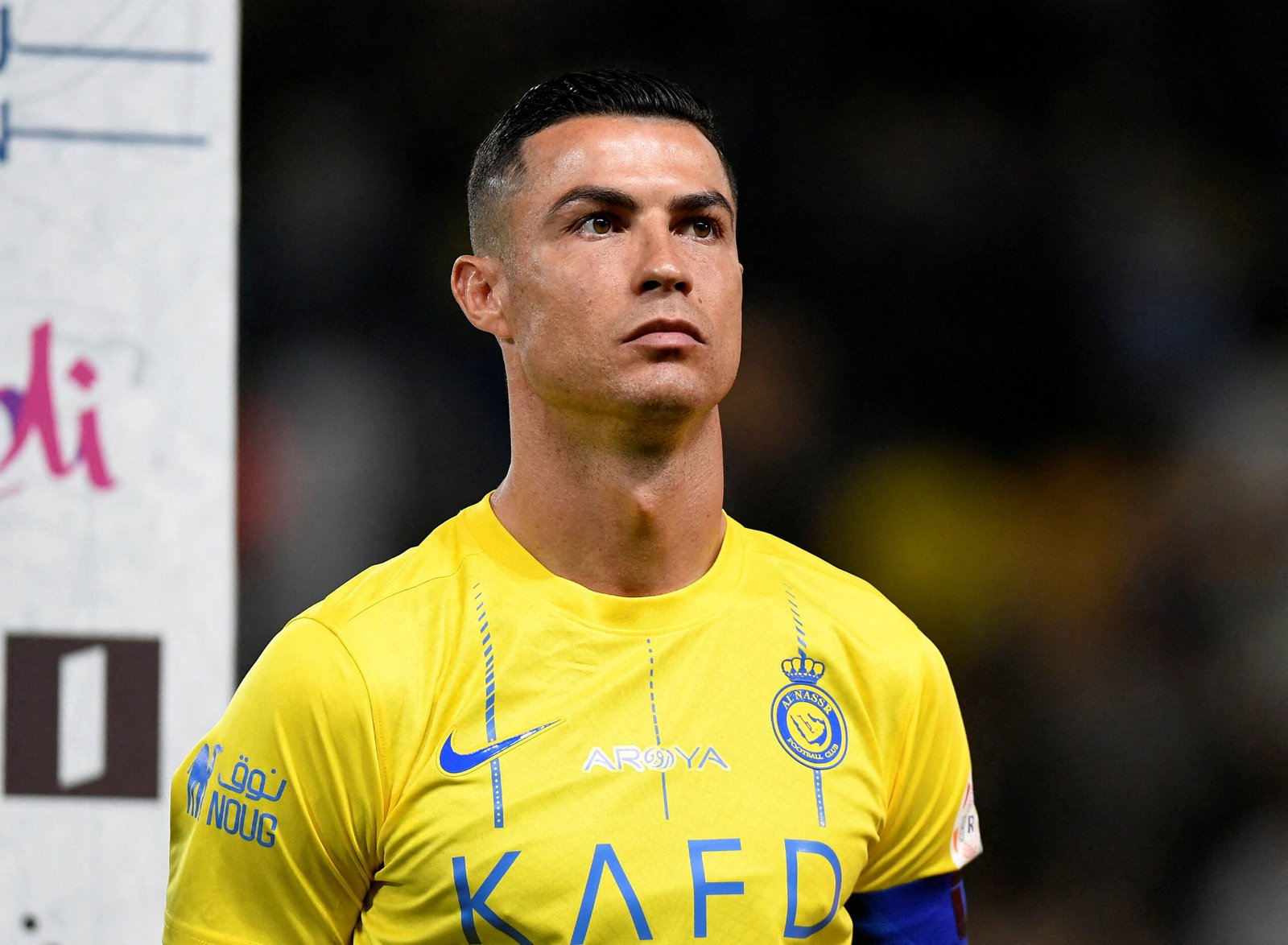

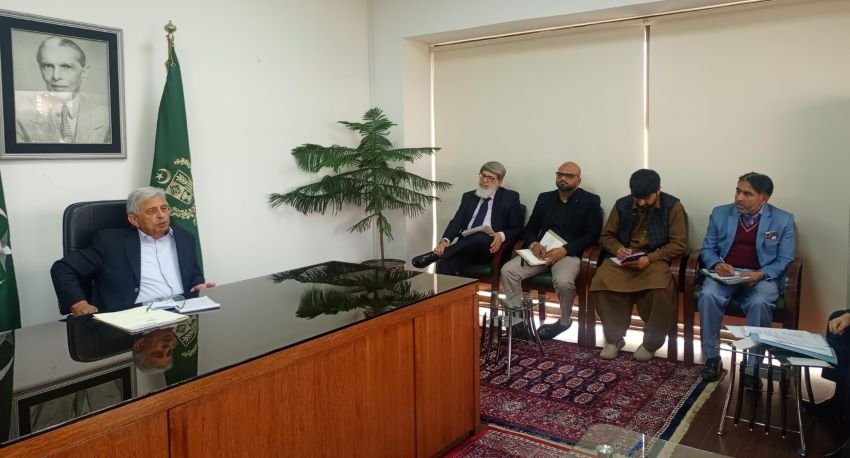
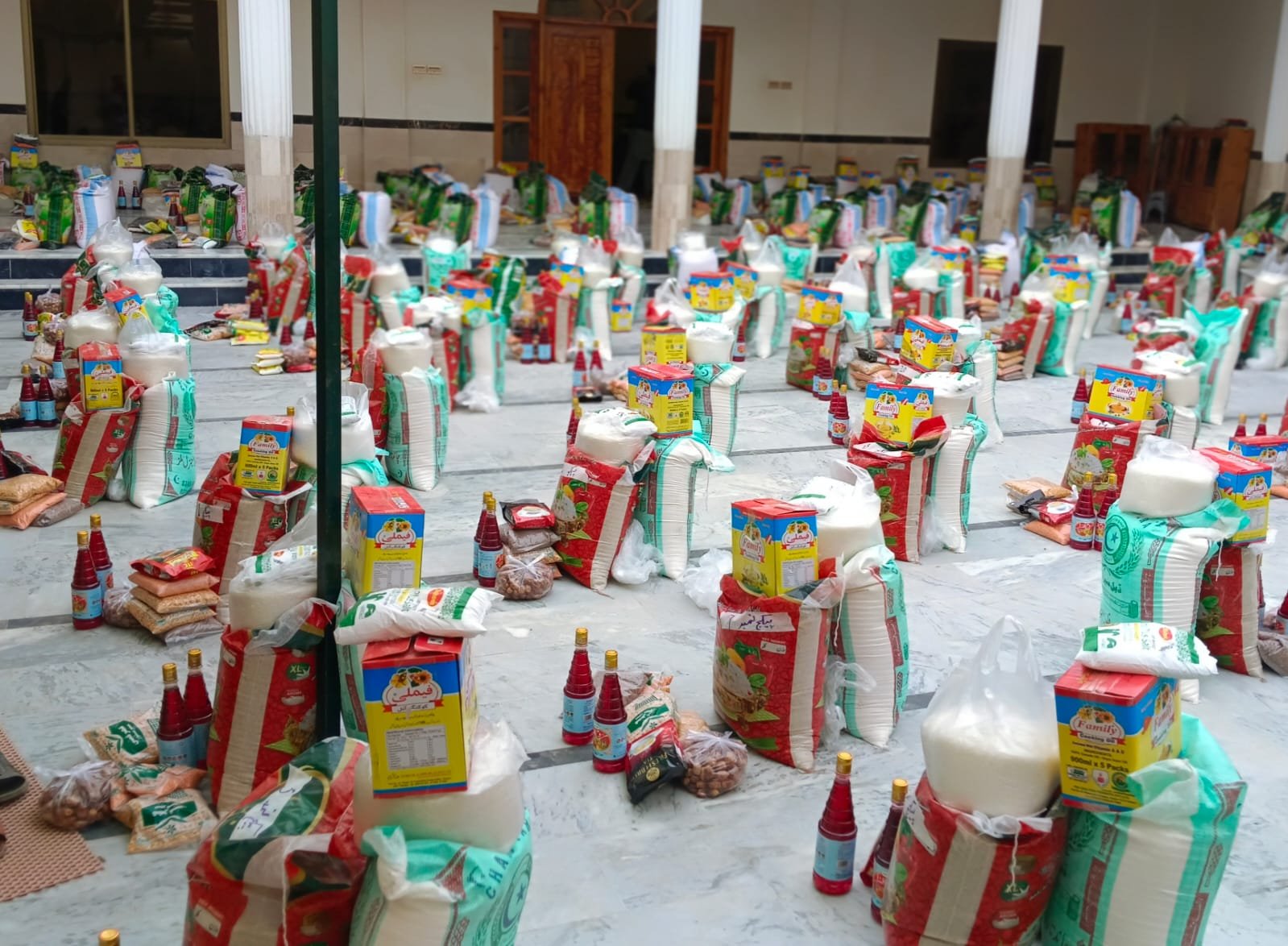
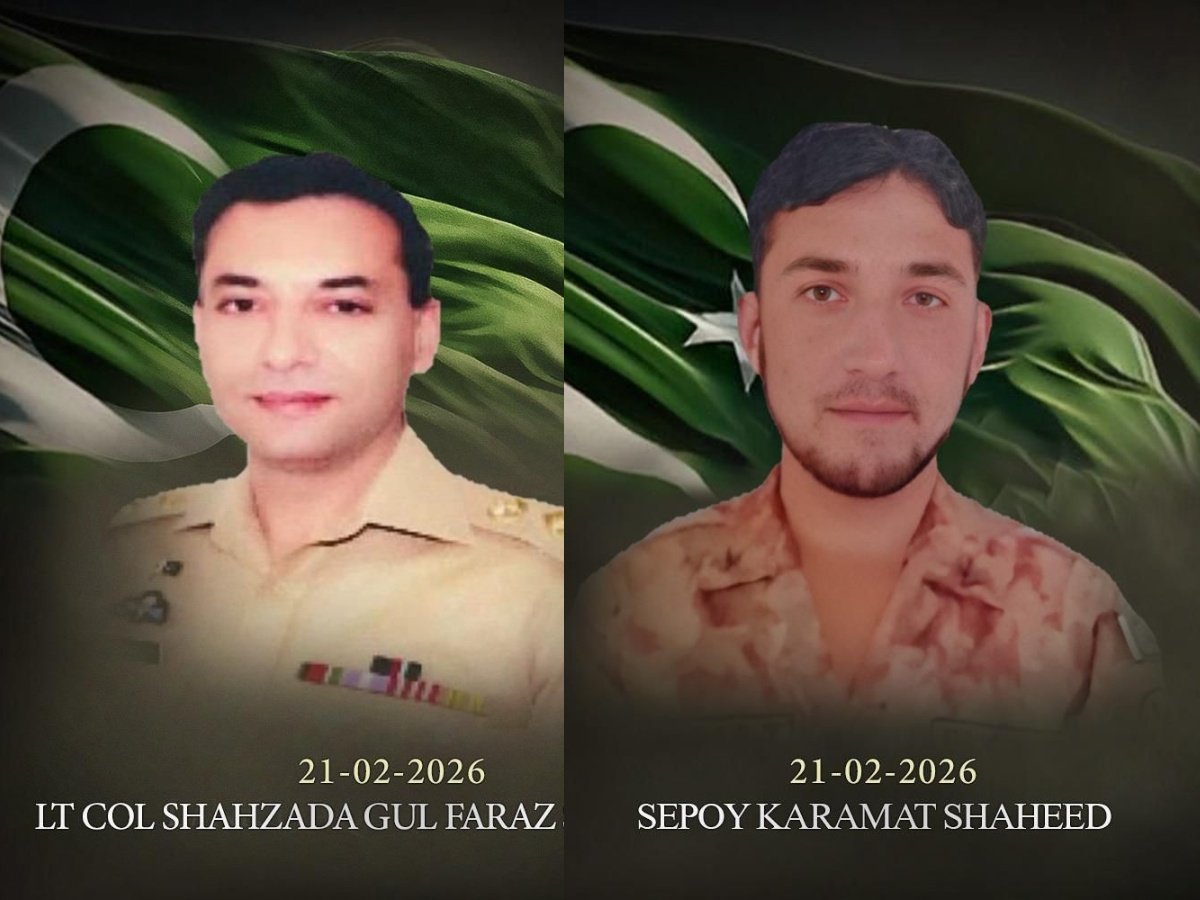
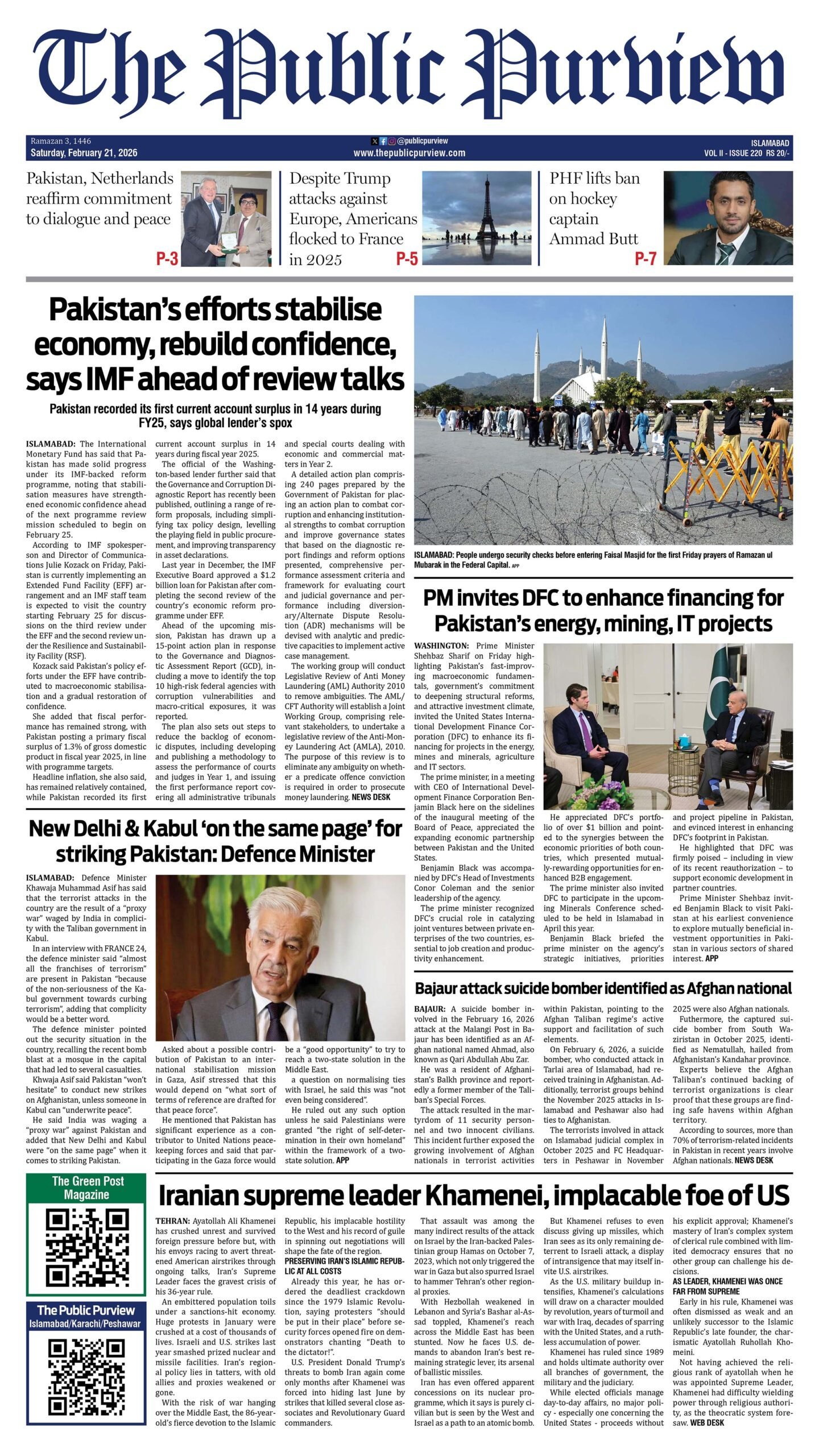 Today's E-Paper
Today's E-Paper